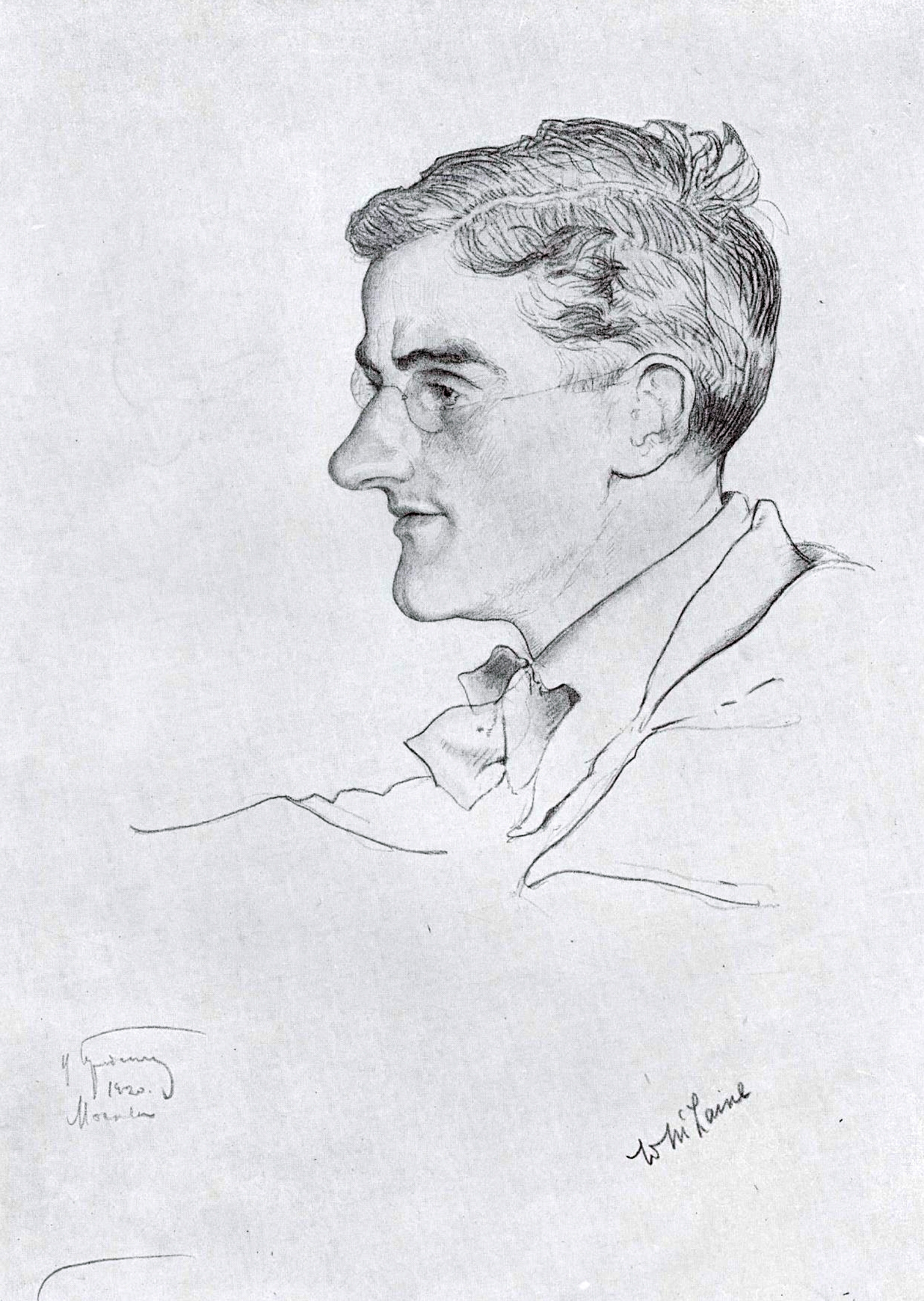|
William McLaine
William McLaine (1891–1960) was an engineer, Marxist and trade union activist. McLaine worked as a mechanic and joined the Amalgamated Engineering Union (AEU) in 1912. He became secretary of the Manchester No.2 branch in 1916. Opposed to World War I, he joined the British Socialist Party (BSP) and was elected to its central committee in 1918. During this period, McLaine worked with William Leonard and John Maclean in running classes for the Scottish Labour College. At the Easter conference of the (BSP), which was held at Bethnal Green Town Hall between 4 April 1920 and 5 April 1920, John MacLean used the occasion to denounce the BSP party leaders as being police spies, an accusation for which there was no evidence. According to MacLean, a private meeting was held at which McLaine was instructed, alongside Willie Gallacher to report to Lenin himself that MacLean was no longer reliable as he was suffering from "hallucinations". McLaine then attended the 2nd World Congress ... [...More Info...] [...Related Items...] OR: [Wikipedia] [Google] [Baidu] |
Communist Party Of Great Britain
The Communist Party of Great Britain (CPGB) was the largest communist organisation in Britain and was founded in 1920 through a merger of several smaller Marxist groups. Many miners joined the CPGB in the 1926 general strike. In 1930, the CPGB founded the ''Daily Worker'' (renamed the ''Morning Star'' in 1966). In 1936, members of the party were present at the Battle of Cable Street, helping organise resistance against the British Union of Fascists. In the Spanish Civil War the CPGB worked with the USSR to create the British Battalion of the International Brigades, which party activist Bill Alexander commanded. In World War II, the CPGB mirrored the Soviet position, opposing or supporting the war in line with the involvement of the USSR. By the end of World War II, CPGB membership had nearly tripled and the party reached the height of its popularity. Many key CPGB members became leaders of Britain's trade union movement, including most notably Jessie Eden, Abraham Laza ... [...More Info...] [...Related Items...] OR: [Wikipedia] [Google] [Baidu] |

